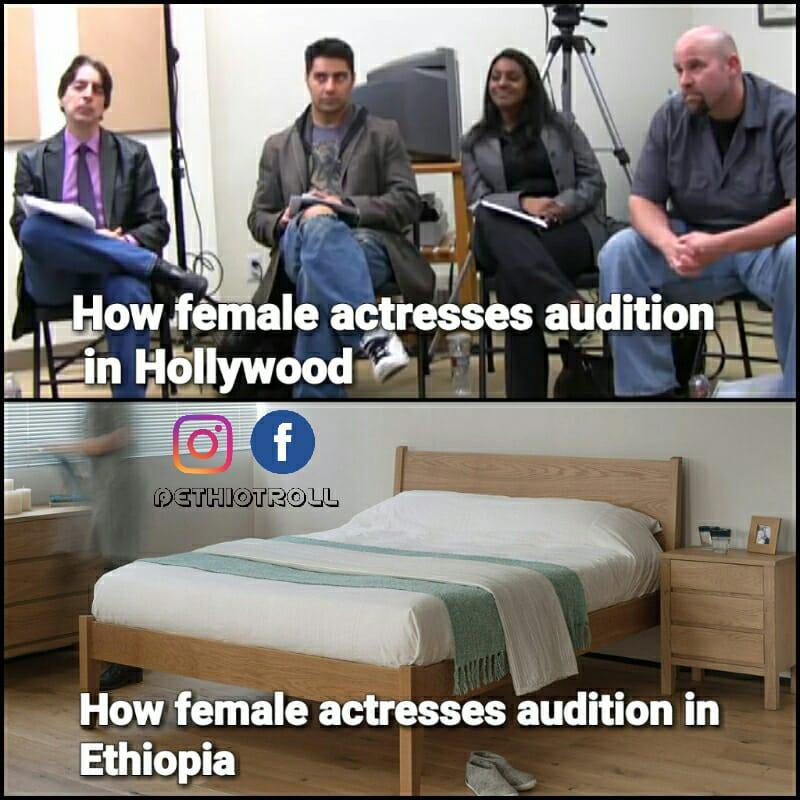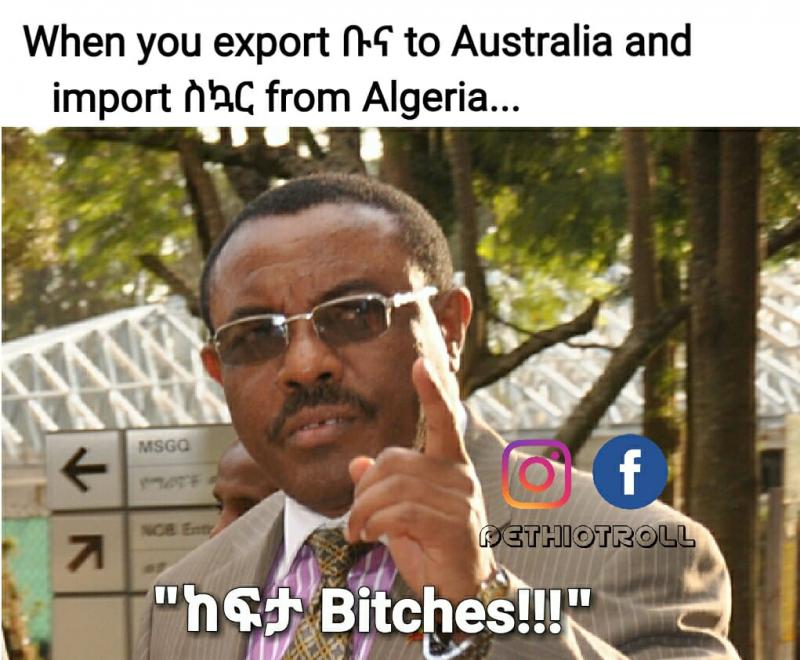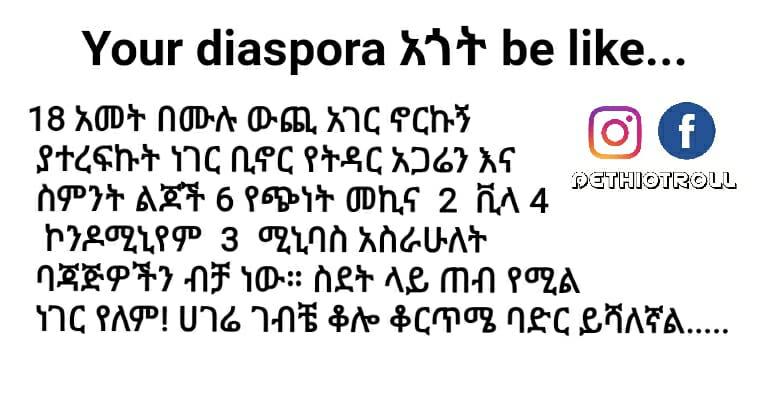

Directory
-
Please log in to like, share and comment!
-
መጨከክመጨከክ(አሳዬ ደርቤ)ከሰባት ሰማይ ስር ካለ ጎጆ መሃልማጣት፣ መንጣት እንጂ… ኦናነት ታቅፎ -አይቻልም መጉደል፡፡.ልክ እንደ ማረሻው- እንደ መኮትኮቻውአንገቱን ቀልብሶ ምነው ሆዴን በላው?የሰለብኩ ይመስል ቆሎውን ከቃጢው፡፡እንዲህ ነው ሲታጣ- እንዲህ ነው ሲቸግርቁራሽ አልባ ሰፌድ- ጥሬ ያጣ ሴደርየቆፈነው መዳፍ- እንጨት መሰል እግርየተጠማ እንስራ- ያቀረቀረ አንገትምድርን የሚወቅስ- ስቃይ ያዘለ ፊት፤.አሁን እግር ጥሎህ ከጎጆው ብትከትምእግዜሩን አይወቅስም፣ መንግስቱን አያማማምቢጠናም ቀኑን ነው- አቀርቅሮ 'ሚረግም፡፡ግና እንደምታዬው…ከኩበት ኩይሳው- ከወናው ሙሃቻከአመዱ መሃከል- ከምዳጃው...0 Comments 0 Shares
-
‹‹ስጋን ማመን አርዶ ነው!››‹‹ስጋን ማመን አርዶ ነው!››(አሳዬ ደርቤ)‹‹ምሳዬን የት ልብላ?›› የሚል አጀንዳ ይዤ ስብሰባ ገባሁኝ፡፡ኪሴ ‹አርከበ-ቤት› የሚል ሃሳብ አመነጨ፡፡ከርሴ ደግሞ ‹ሉካንዳ-ቤት አድርገው› እያለ ወሰወሰኝ፡፡ እናም በርካታ ጊዜ ከወሰደ ስብሰባ በኋላ አቅሜንና አምሮቴን ያገናዘበ ውሳኔ በማሳለፍ ወደ ሉካንዳ-ቤት ስገባ ትልልቅ ጨጓራ ያላቸው ሰዎች ይሄን የበሬ ስጋ በጥሬውና በጥብስ መልክ ሲበሉ በማየቴ… ‹ሰላሳ ሊትር/ሰከንድ›› በሆነ ልኬት አምሮት...0 Comments 0 Shares
-
-
-
-
-






